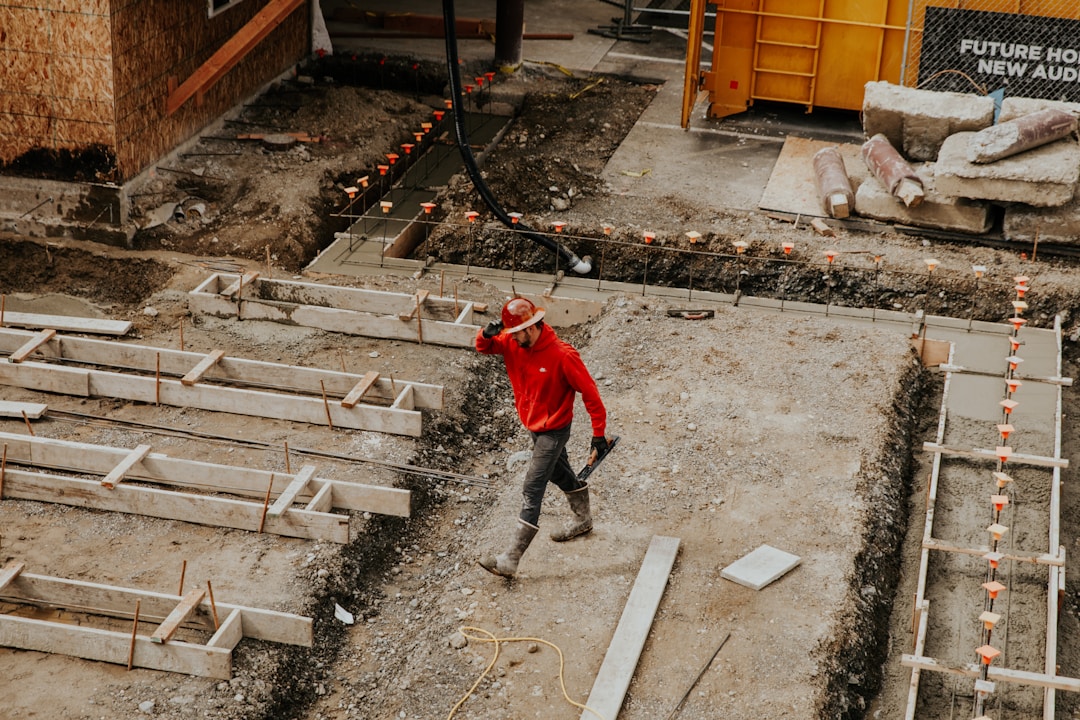In the sprawling state of Texas, the construction industry is booming. Aspiring professionals can find a wealth of opportunities in various construction fields. Whether you are looking to move into residential construction, commercial projects, or infrastructure development, a career as a contractor in Texas could be ideal for you. Below, you will find a comprehensive and detailed guide to help you embark on this exciting and rewarding journey.
Understanding the Importance of Becoming a Contractor in Texas

The growth of cities such as Austin, Houston, Dallas, and San Antonio has created a huge demand for skilled contractors. These professionals play a pivotal role in shaping the state’s skylines, suburbs, and transportation networks. Texas, with its booming economy and thriving population, offers vast opportunities for construction professionals.
Becoming a contractor in Texas not only means joining a thriving industry, but it’s also about contributing to the overall development of the state. Every building you erect, every home you renovate, and every road you construct enhances the standard of living in the local community. It’s both a profitable profession and a meaningful one.
Moreover, with Texas’s ongoing economic growth, the construction sector is expected to remain robust for the foreseeable future. This growth trajectory signifies high job security for contractors who decide to establish their careers in the Lone Star State.
However, like any profession, it does involve some risks such as construction site accidents or litigation from clients, but these risks can be managed through sound business practices and the proper contractor insurance Texas has to offer.
Unraveling the Requirements: Necessary Steps to Become a Contractor
Becoming a contractor in Texas involves several crucial steps including obtaining the necessary academic qualifications, gaining practical experience, and applying for a contractor’s license. An Associate’s degree or a Bachelor’s degree in a construction-related field can provide prospective contractors with an academic background that can be advantageous when seeking employment or starting a business.
Experience is another vital component in becoming a competent contractor. Many budding professionals start by working as an apprentice or assistant to an established contractor to learn the ropes of the trade. This on-the-job training can provide invaluable insights into business practices and technical skills.
Acquiring a contractor’s license is a mandatory requirement in Texas. This certification will require passing an examination that tests your understanding of the local building codes, industry best practices, and business ethics. Furthermore, maintaining this license will entail continuing education courses to stay adrift of the latest changes in your industry.
Becoming a member of a professional organization such as the Associated General Contractors (AGC) of Texas can also be beneficial. These organizations offer networking opportunities, industry updates, and additional resources for professional growth.
Expanding Skills: Essential Training and Apprenticeship Opportunities

To thrive as a contractor, it’s essential to continually expand your skills and knowledge base. This can be achieved by participating in various training programs and apprenticeships. These programs offer specialized instruction in areas such as project management, site safety, cost estimation, blueprint reading, and local building codes.
Apprenticeships, in particular, offer a blend of classroom instruction and practical training, creating a well-rounded foundation for a future contractor. Locally-run apprenticeship programs, often sponsored by labor groups or individual contractors, can be found throughout Texas and can be an excellent stepping stone into the industry.
Staying updated with technological advances in the construction industry is also recommended. Digital tools are increasingly being used in project management, cost estimation, and design. Being adept at these tools will give you a competitive edge in an increasingly tech-focused industry.
Besides technical skills, developing business acumen is also vital. As a contractor, it’s equally important to understand market trends, negotiate contracts efficiently, manage employee relations, and maintain strong client relationships.
Navigating Texas Licensing: From Paperwork to Exams
Securing a contractor’s license in Texas can be a meticulous process that demands careful preparation. Various state agencies such as the Texas Department of Licensing and Regulation (TDLR) oversee the licensing process. The specifics can differ based on the type of construction work you wish to undertake, but generally, it involves meeting academic and experience requirements, passing an exam, and filing for the license.
To take the licensing exam, candidates must first meet a set of minimum requirements, which usually involve specific educational attainment and years of experience as determined by the TDLR. After meeting these requirements, applicants can schedule and prepare for the exam, which typically covers a wide range of areas such as state codes and regulations, business management, construction law, and occupational safety.
Upon passing the examination, candidates can then move forward with the licensing application. Throughout this process, it’s important to ensure that all documents are accurately filled out and all required fees are paid. Applications accompanied by evidence of having construction insurance can help in the swift approval of the license.
Altogether, becoming a contractor in Texas is a multi-faceted journey that involves acquiring the requisite education, gaining hands-on experience, acquiring a license, and continuously upgrading skills to meet the industry’s evolving demands. But with the right guidance, determination, and a toolbox filled with both construction expertise and entrepreneurial acumen, there is no limit to what you can build in the Lone Star State’s thriving construction sector.













